
the charismatic Jean-Paul
When I lived in France I became an addict of gospel singing. The choir consisted of between twenty to twenty five persons and even when I wasn’t actually living in the Pyrenees I went at least twice every year to be instructed by Emmanuel and Jean-Paul, two powerful gospel musicians originally from West Africa and Congo. Their warmth, their gorgeous full voices wrung the pain and pathos from spirituals with such an easy hand; their bear hugs conveyed generous doses of encouragement in two short days and buoyed the spirits of the most deflated: shy off-key squeakers braved solos, no-hopers got high on choral harmonies, introverts began punching the air; in short it was the cheapest and most effective kind of therapy this side of the Corbieres.
Back in Oxford I joined the Jericho Singers, who meet in St Barnabas Church and are directed by the energetic and unflappable Steph Pirrie.

Steph (in red) at the post concert party in Parma
Last December I signed up with about twenty four other singers to go on a singing mini tour of Liguria, Italy. The arrangements were foolproof- hotel and hostel bookings, train and plane tickets, restaurant reservations, cheese and ham tours and sightseeing expeditions all worked out and in place- like a school trip for grownups.
Having been a bit fixated on France for so long, I hadn’t been in Italy for about twenty years and had almost forgotten the engaging bustle of small Italian towns, full of stylish shops, piazzas, busy cafes and restaurants and churches that were actually open.
In Parma, the day before our concert in the courtyard of the Scuola Musica, we were shown a few landmark sites by an excellent guide, Melanie, who’d married an Italian and lived in Italy for over thirty years. We learned that out of a population of 190,000, 30,000 were students at the university which was founded even earlier than Oxford and 30,000 recent immigrants. “They get away with a lot,” added Melanie darkly. “It’s a middle-class, bourgeois town. You could say provincial. The aspiration of every child is to live here and die here.”

Jericho singers admiring the Romanesque archway of the Duomo
Not such a bad ideal when you can cycle everywhere without fear of traffic and pick up a gelato on every street corner.

one of many depictions of the guardian of Parma, the B.V.M


Natives of Parma believe the Virgin Mary has saved the city from many disasters, such as a lightning strike and bombing raids
The balance of power was regulated by three powers- the ecclesiastical, the civic and the ruling family of Farnese- who commissioned Antonio Corregio’s great fresco of 1530 which shows the Virgin being hauled up the dome of the cathedral by a myriad company of angels and Christ seemingly throwing himself down to welcome her into Heaven. The city fathers gave it a cool welcome, one worthy dismissing it as “a bowl of frog leg soup”. But the great Titian marvelled, “Take the dome of Parma and fill it with gold coins!” Corregio ended up with a broken heart, having rushed to fulfil his commission in just 290 days and then to be met largely with indifference.
The whole of the circular Baptistry is covered with paintings and sculptures from different periods. People travelled from far and wide to have their babies baptised there, baptism being a convenient means of registering citizens. The site is said to have an uplifting energy with ley lines crossing at the font and harmonizing with the Temple in Jerusalem. Our guide Melanie’s son was baptised there and she declares she has never had a moment’s worry about him.
My long-forgotten knowledge of Italian history owed everything to Dennis Mack-Smith, History of Modern Italy. But possibly the best, if not only, way to understand the story of a place is to take a panoramic tour in order to study how its landmarks link in relationship to one another: Our whirlwind look at Parma’s past took in the Bourbon king Charles V, Charles VIII, Pope Paul III and his five children, Alexander Farnese who fought in the Armada, his descendant Elizabeth said to be the great great great grandmother of Europe (the Farnese’s married into all the monarchies), Napoleon, his wife Marie-Louise (daughter of the Emperor of Austria) who commissioned the opera house for which Verdi– a son of Parma- composed many operas. Napoleon even granted the title ‘Duchess of Parma’ to his wife. In her honour there is a delectable Viennese style pastry called La Duquesa which I eyed longingly in a pastry shop.

Melting moments- La Duquesa
On the green lawn of the Ducal Palace refugees sat in disconsolate groups while a Ukrainian accordianist belted out Bach Partitas “to show them we are in Europe, not Africa.”

Refugees

To show we are in Europe, not Africa”.
Of the ducal theatre in the Palazzo Pilotta- made entirely of wood which only ever staged one single performance of Monteverdi’s lost opera “The Triumph of Love”- Charles Dickens remarked many years later, “the only performance given on stage was by ghosts and woodworm”.

“The only performance given on stage was by ghosts and woodworm…”
And so we lent our dulcet tones to the ranks of the great Toscannis the Verdis and the Callases and sang in the open, in the courtyard of the Scuola Musica, in a joint programme with our host choir. Nicola and Laura, who are members of both choirs in Oxford and Parma, had put in a lot of work arranging the visit.

Nicola refreshing himself after an arduous morning
Levanto was next and on the two hour journey to the coast the carriages became packed tight as sardine tins as families climbed into the train for their summer holiday by the sea. Here our performance was in a church with a very welcoming audience. Standing in the front row was quite unnerving to begin with- the last time I got on stage to play the piano all my faculties seemed to freeze, with the piano taking on the appearance of an ebony coffin (I had to leave in shame and confusion). But in the warm June evening surrounded by friends and conducted by our encouraging Steph we sang with spirit and were rewarded with wine and cake afterwards in the vestry.
Bonded through our travelling together, our sharing of pasta and wine and bleary eyed breakfasts, I noticed how awkward it was for the choir members who hadn’t come to Italy with us. This experience created in me a commitment to the Jericho Singers that had been missing before I signed up last December. I am now looking forward to our next concert tour.

post concert party













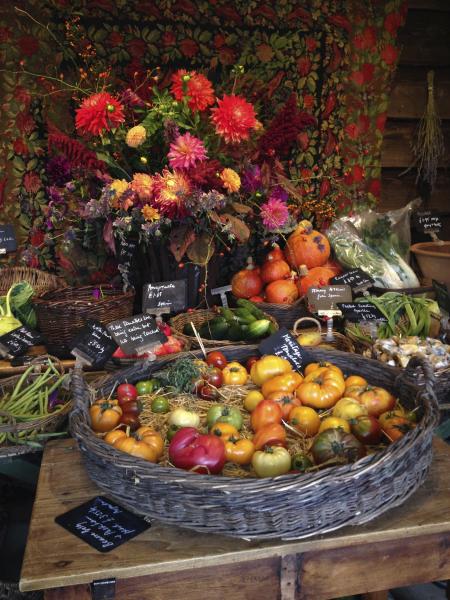
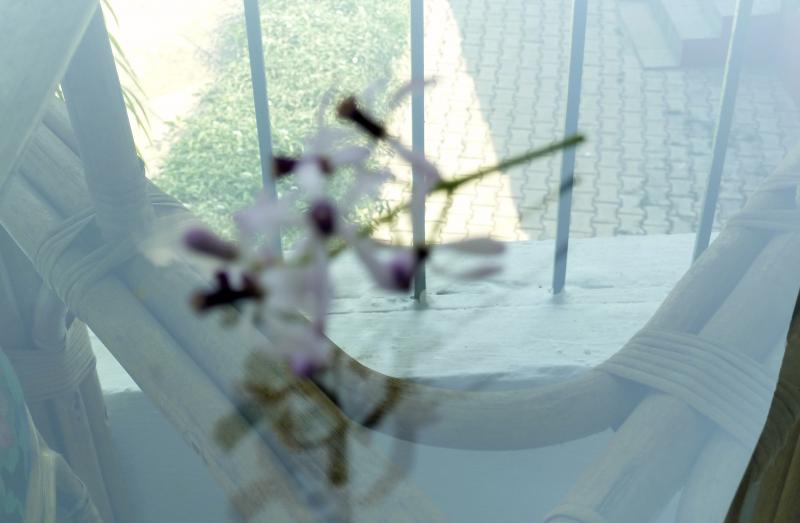
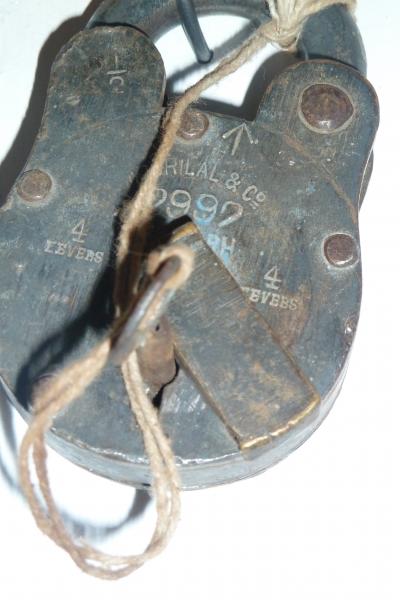
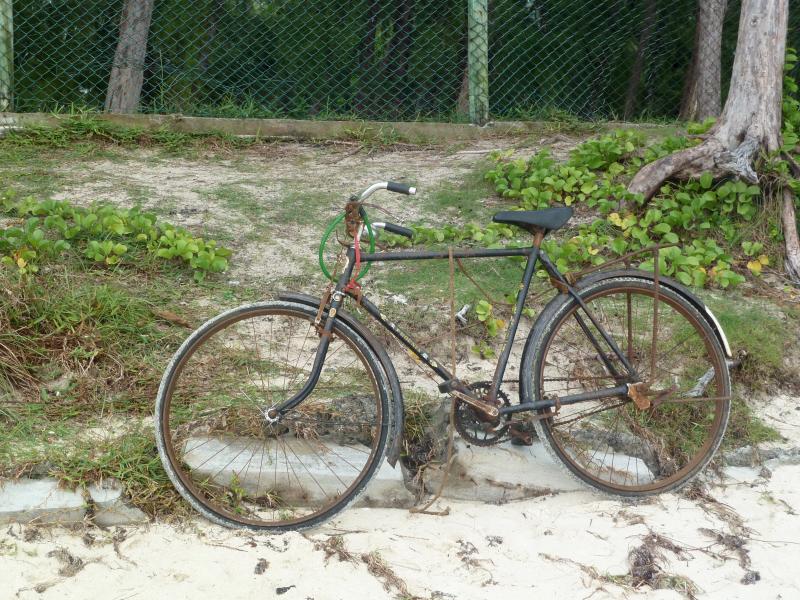
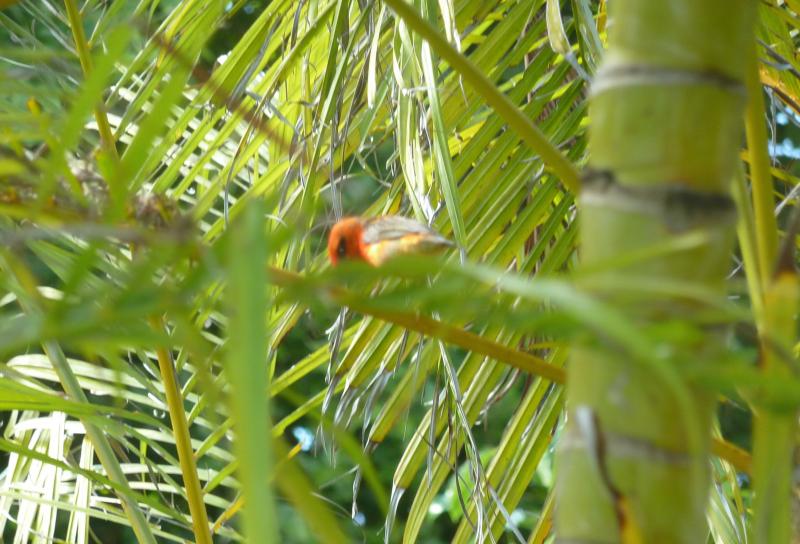
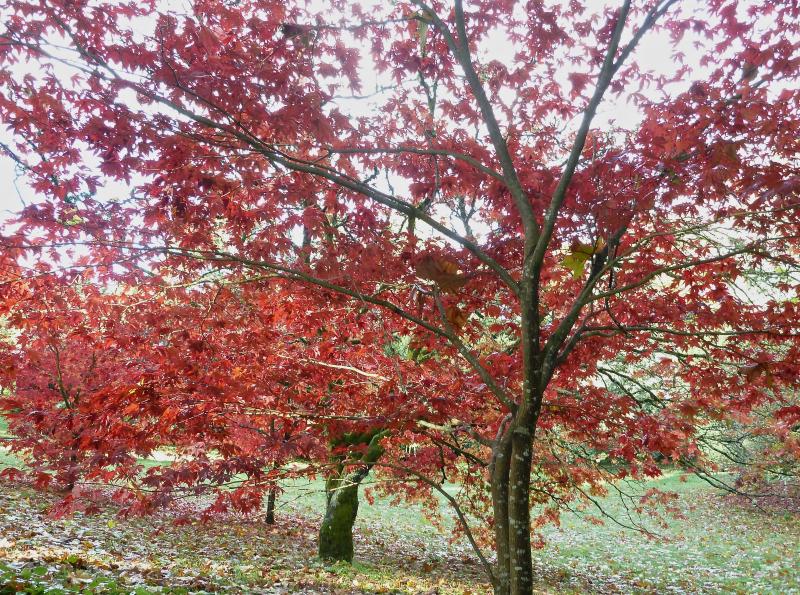


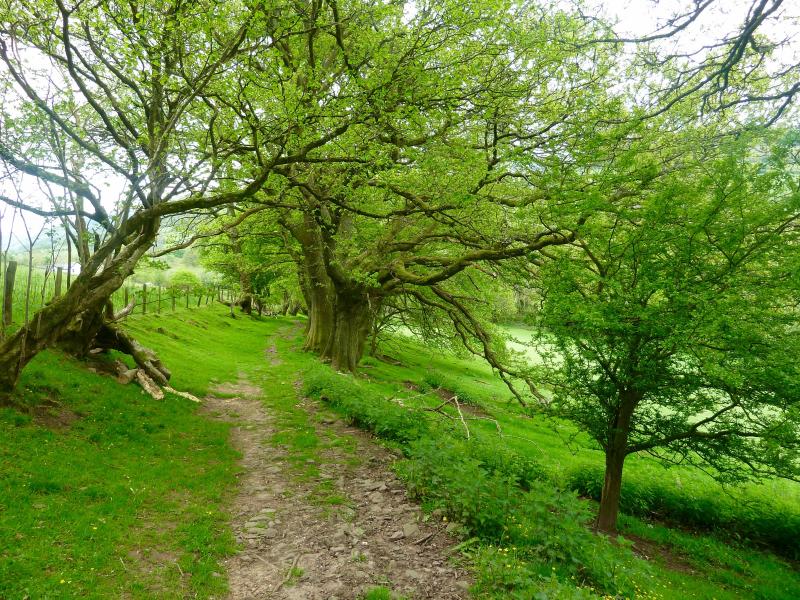

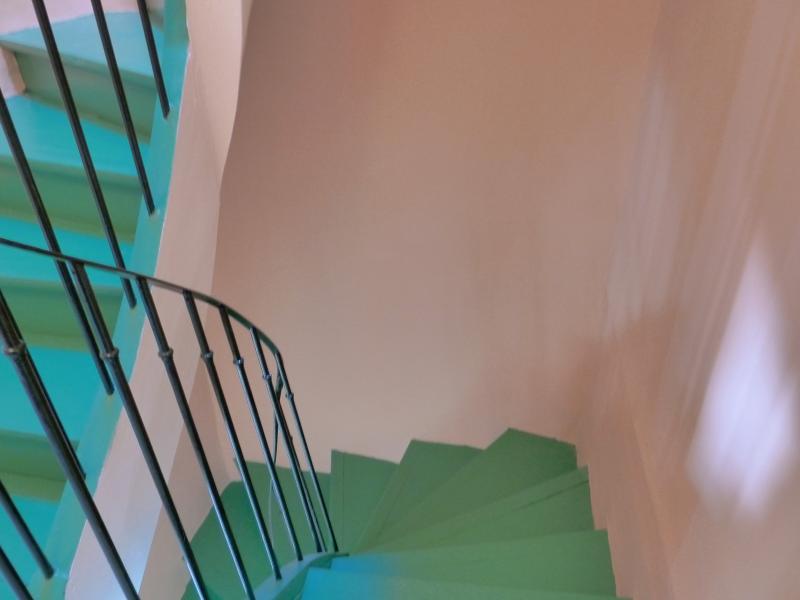

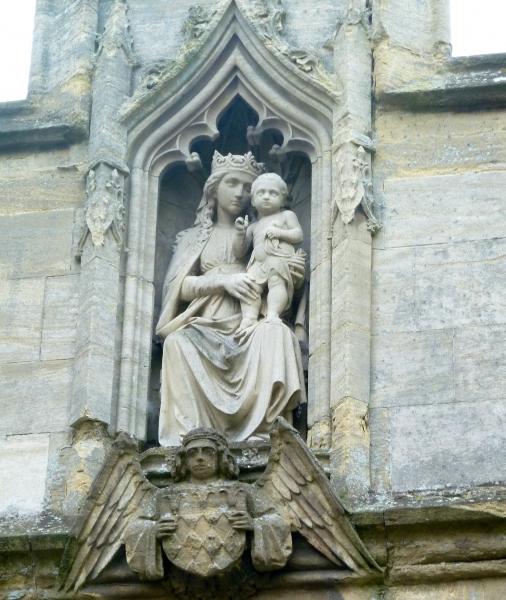

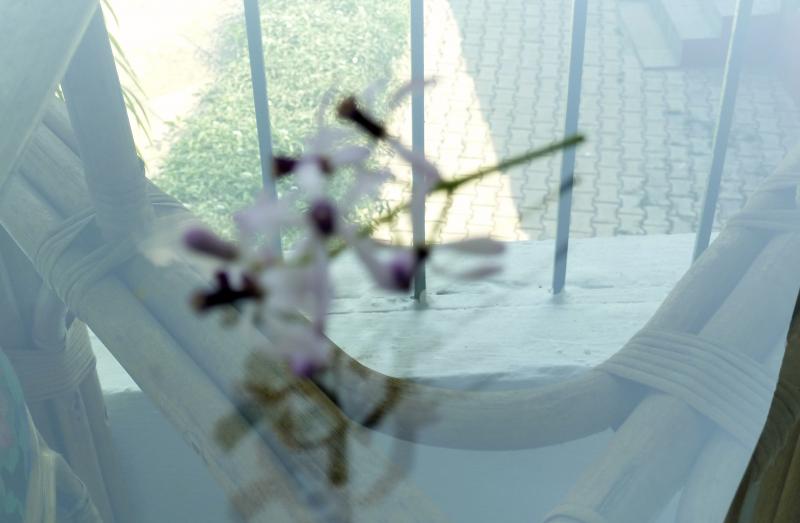
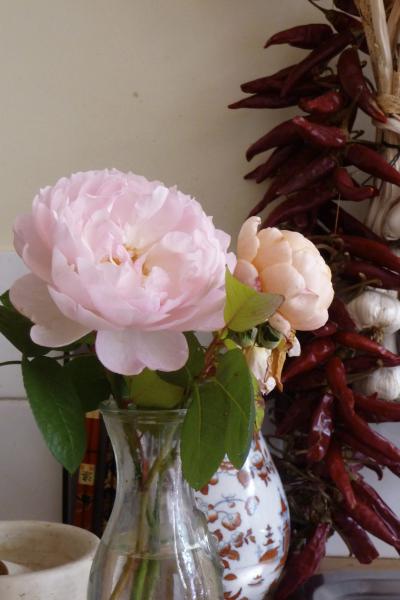

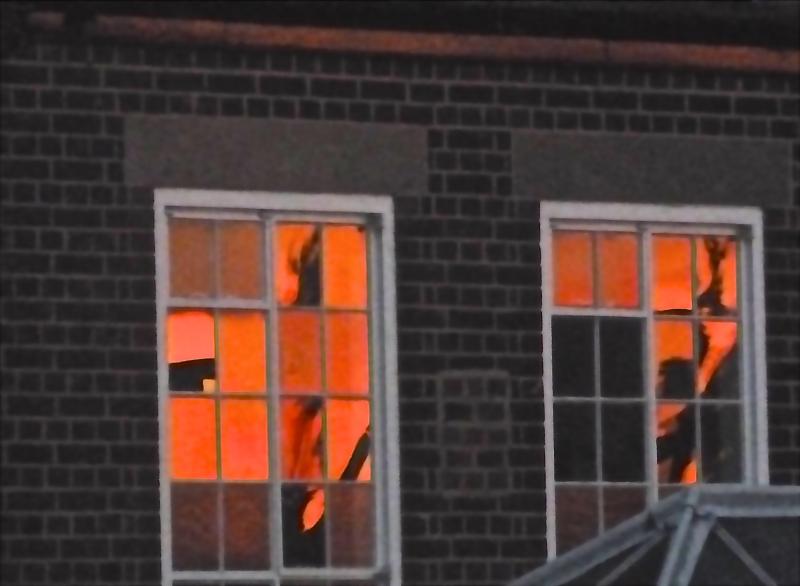
As a practicing writer, I have always followed an intuitive logic
it felt natural to focus on the topic -> develop with ideas/answers -> put it .
But, nothing can save me when I was writing regarding thermodynamics, as an instance, that, as you can imagine, isn’t my primary field
of expertise. Anyway, I took some Fantastic tips in the writing style,
thanks for that:slightly_smiling_face: